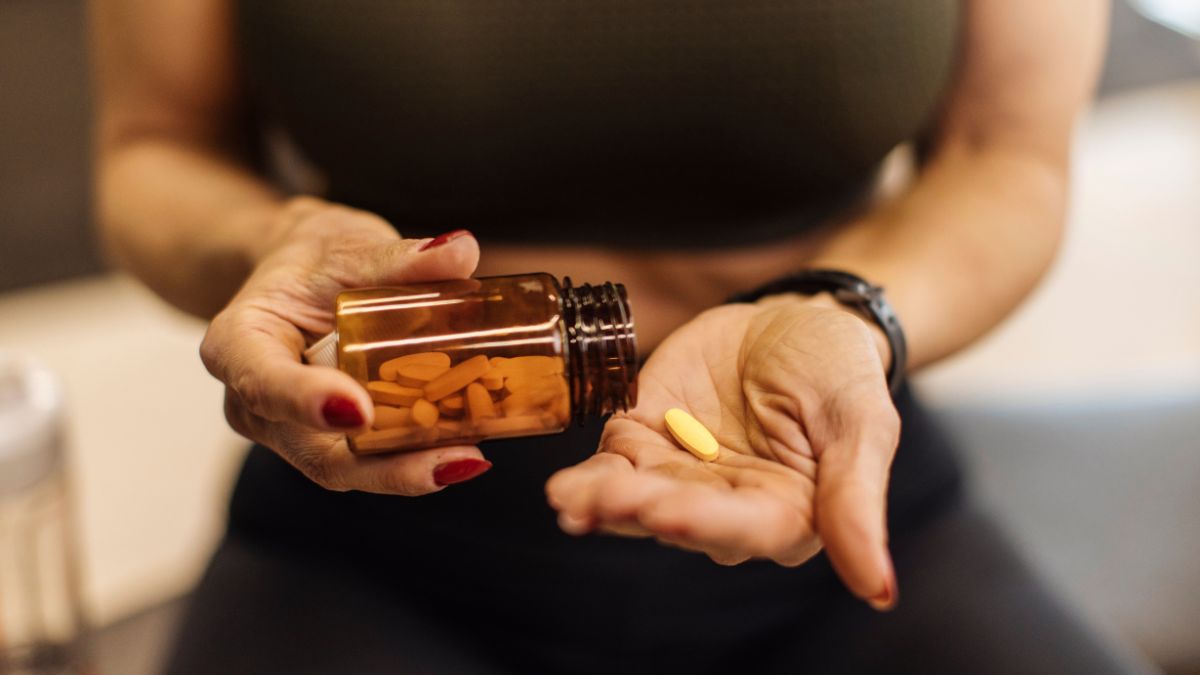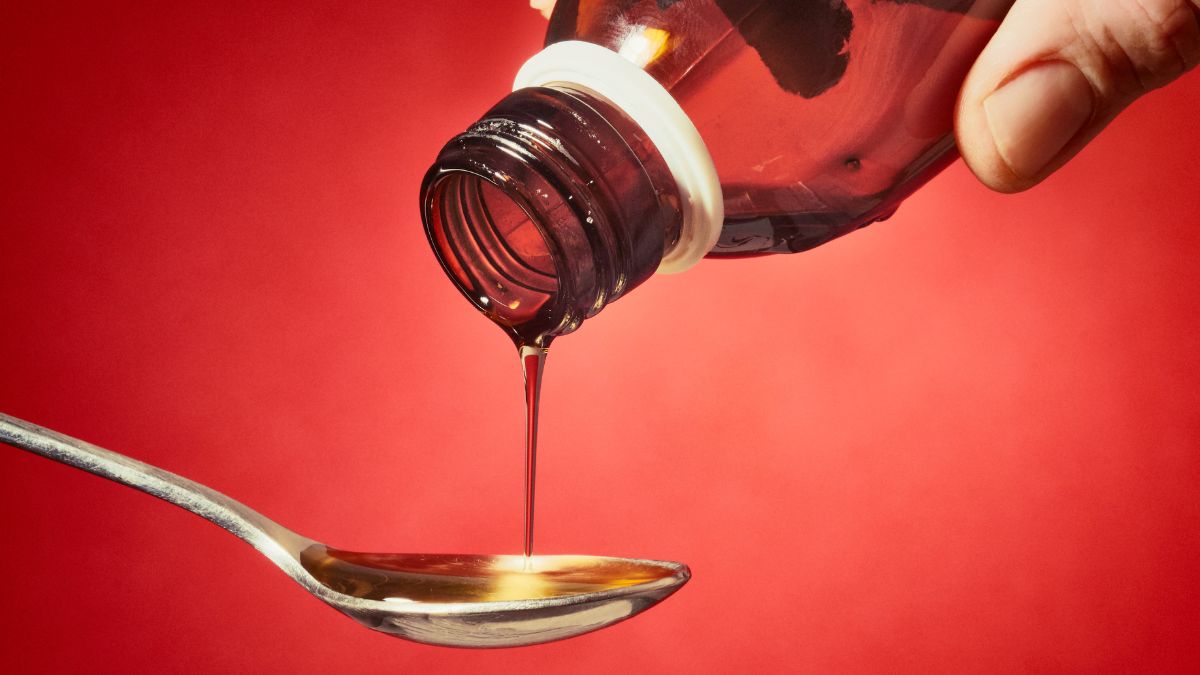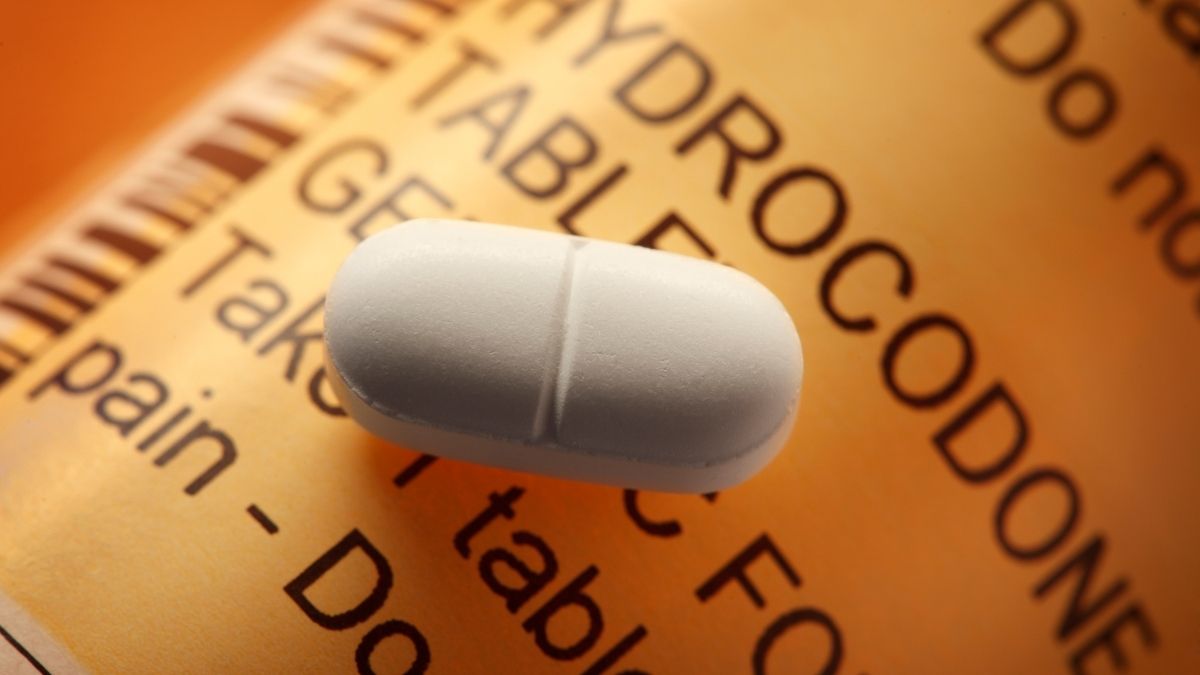When you embark on your journey to recovery, sobriety is your main goal. As positive as it is, it is still a change, and any change is difficult to deal with at the beginning. Sobriety might seem unnatural to you at the beginning - especially during the early days. Even in the first month of sobriety. But these first 30 days or the first month of sobriety is also an opportunity for you to reinforce your sobriety. Being aware of what you can expect during these initial days of leading a substance-free life and being prepared for it with practical dos and don’ts can go a long way in sustaining and strengthening your sobriety.
The First Days Sober from Alcohol
Sobriety refers to not being intoxicated. While one can be sober even when they are not using substances like alcohol, most will agree that sobriety refers to freedom from alcohol to the point that you reclaim your control from alcohol and other drugs you have been using and become more responsible and proactive in making your own choices. In other words, real sobriety is when your life, career, and relationships are no longer dictated by alcohol.
The first days of being sober from alcohol are something new - something your body is not used to. But the first days sober from alcohol are also challenging. Most of your time is spent dealing with alcohol withdrawal symptoms. Only after these symptoms subside do you see the life ahead of you in a positive manner - one that you can begin to embrace.
Call Design for Recovery to Begin Your Healing Journey!
Reach out to our team to discuss sober living options and next steps toward a healthier routine.
What Are Alcohol Withdrawal Symptoms?
Alcohol withdrawal symptoms are intensely unpleasant symptoms that begin to emerge when you reduce or stop taking alcohol suddenly. This is because, after a period of heavy, uncontrolled drinking, your brain and body have gotten used to a certain level of alcohol regularly. Alcohol withdrawal symptoms can be so intense and unpleasant that they make it difficult to quit alcohol on your own. In fact, if not paid attention to, they can even lead to life-threatening circumstances. This is why a medically supervised detoxification (detox) is suggested, where alcohol is gradually tapered off from your body under safe and controlled conditions.
The most commonly recognizable alcohol withdrawal symptoms are:
- Anxiety
- Irritability
- Headaches
- Wakefulness
- Tiredness
- Fever
- Sweating bouts
- Body tremors or shaking
- Increased breathing rate
- Heart palpitations
- Seizures
- Hyperthermia or heightened body temperature
- Delirium tremens - a condition characterized by a rapid heart rate, excessive sweating, confusion, psychosis, and seizures.
How to Relieve Symptoms of Alcohol Withdrawal?
There is no one way to relieve symptoms of alcohol withdrawal. Severe withdrawal requires professional medical detox at a licensed facility. A doctor might prescribe medications like benzodiazepines, which are also useful in treating alcohol withdrawal symptoms. So it is highly recommended to contact your doctor if you want to withdraw from alcohol and follow their instructions regarding medication and diet.
Moreover, removing all alcohol-related paraphernalia from your vicinity, keeping your body hydrated by drinking water and other non-alcoholic beverages, and leaning on your social support system for encouragement and distraction goes a long way in relieving the symptoms of alcohol withdrawal.
Please Note: For more severe symptoms of alcohol withdrawal like hyperthermia, seizures, and delirium tremens, among others, hospitalization may be required.
What to Expect from Your First Weeks Sober?
The first few weeks of sobriety can be both challenging and rewarding, as your body and mind begin to adjust to a new, alcohol-free lifestyle.
Week One Sober:
The first week of being sober is when most will be past the worst withdrawal symptoms, and you will begin to see the real benefits of quitting alcohol. You will notice that your sleep is getting better, and you will find yourself more rejuvenated and ready to take on the next day when you wake up in the morning.
Moreover, your body will begin to feel more hydrated. As alcohol can lead you to produce more urine than what is normal, your body often feels dehydrated, and your skin and hair look dull. When you are sober for a week and begin to keep your body hydrated by drinking plenty of water, you will see that your mind and body become more energized, and your skin and hair will also begin to look better.
Week Two Sober:
Two weeks without alcohol, and there are more reasons for your world to look brighter. As you are well out of withdrawal by this point, you begin to shed pounds as you begin to reduce calorie count by staying off alcohol. Your gut health begins to improve, and you will experience a reduction in bloatedness and better digestion.
In fact, what is not often spoken about is the money you save. Alcohol, among other things, is an expensive habit that can carve a deep hole in your pocket. Staying off alcohol will lead to better finances and financial management.
Week Three Sober:
By week three, sobriety begins to feel more natural. What you thought was once an impossibility will feel like an achievement. You will notice that you are feeling more comfortable in the life that you are leading now as you continue to lose alcohol-related weight and feel better about your body. Your heart health will also start to improve - even if it is not immediately noticeable to you, as your blood pressure levels come down to a healthier level.
Week Four Sober:
When you reach four weeks of sobriety, you are close to being one month sober. Celebrate your achievement along with better, consistent sleep, better hydration, reduced calorie intake, and better financial savings. What’s more - your skin and hair will also begin to look better - a real glow up both from within and on the outside.
Alcohol can damage many aspects of your mind and body, perhaps no more than the liver. Alcohol-related liver disease (ARLD) is a huge risk that comes with consuming alcohol and can damage the liver and impede its functioning. It leads to inflammation and scarring of the liver. When you have stayed off alcohol for nearly a month, ARLD can be reversed or prevented from progressing further, and your liver functioning will improve by leaps and bounds.
Contact Design for Recovery Today!
Fill out our quick form to connect with a peer mentor and learn how our sober living community supports accountability, structure, and personal growth in recovery.
Seek Support to Stay Sober
Now that we understand all the benefits of staying sober, we come to the real question of how you can survive the first 30 days of sobriety. There is only one clear answer to that - seek professional support.
Detox:
Detox is the first step to treating alcohol abuse. Alcohol levels will be lowered from your body under medically supervised conditions to manage cravings and withdrawal symptoms. You can detox in both residential and outpatient settings, depending on how severe your condition is.
Psychotherapy - Individual and Group Therapy:
Psychotherapy gets to the bottom of alcohol use, changes the thinking, emotional, and behavioral patterns leading to alcohol use, and equips you with the tools and skills to cope with life stressors without resorting to alcohol use. Moreover, rehab programs also provide aftercare plans for ongoing services to maintain your sobriety, like:
- Outpatient counseling
- Access to 12-step recovery meetings
- Sober living facilities.
Diet:
Lifestyle changes involving your diet are crucial to sustain your sobriety. It provides your body with the energy it needs and allows it to repair itself from the damage of alcohol use. Your diet must mainly consist of iron, folate, vitamins B6 and B12, carbohydrates, amino acids, and dietary fats.
Exercise:
Keeping in line with lifestyle modifications, you need to incorporate exercise into your daily routine. You can begin small and extend it to at least one hour per day. You also need to incorporate exercises for your mind, like meditation, mindfulness therapy, and other relaxation exercises. Exercise boosts your mind and body and also releases endorphins, which heighten your sense of well-being.
Other Tips for Surviving the First 30 Days of Sobriety:
Your sobriety must be a priority. Remember why you chose sobriety every single day of your life; never lose sight of it.
Leave the past behind by forgiving yourself. Do not dwell on your past pertaining to alcohol use, and always look toward the life you want to live - free from the grip of alcohol.
Cultivate a strong social support system. This means making the effort to undo the damage alcohol has done to your relationships and involving those who enable your sobriety in your recovery journey. It, unfortunately, also means cutting off those who still abuse alcohol.
Rediscover your interests - the things you enjoyed before alcohol took over your life. You can even explore new hobbies.
Prioritize yourself. Engage in self-care, establish and assert your boundaries, and do not let anything get in the way of your sobriety and well-being.
What Happens to Your Body After 30 Days Sober?
When you stay off alcohol for 30 days or a month, here is how your body’s functioning will improve:
- Studies on temporary abstinence confirm that liver repair accelerates, inflammation drops, and regeneration reduces fatty liver risks.
- Alcohol leads to weight gain because of the sheer amount of calories present in alcohol. When you stay off alcohol, you experience healthy activities to support sobriety.
- Alcohol can lead to disturbed sleep, leaving you tired and lethargic most of the time. However, when you stay off alcohol for one month, you can establish a consistently quality sleep pattern.
- Reduces the risk of heart disease, as excessive drinking produces a lot of free radicals that oxidize LDL or bad cholesterol, which, in turn, deposits on carotid arteries, developing a blockage.
- Heavy drinking increases the risk of cancer, like liver, neck, esophageal, and breast cancer. On the other hand, reducing alcohol intake can reduce the risk of cancer.
- Alcohol consumption can lead to cognitive dysfunctions with thinking, focus, judgment, problem-solving, decision-making, and memory. When you are 30 days sober, it clears the practicing gratitude for mental health in recovery.
Reach Out to Design For Recovery to Begin Your Healing Journey
Recovery from alcohol use, no matter where you are, is possible. What you need is the right level of care you deserve. At Design For Recovery, we believe in providing holistic, integrated care options for enduring sobriety. We provide leading sober living facilities for young men defined by a structured environment, clinical expertise, and an understanding community of professionals and peers. With us, you can simply relax and focus on your recovery as we celebrate all your sobriety-related milestones and victories together as a family.
- The First Days Sober from Alcohol
- What Are Alcohol Withdrawal Symptoms?
- How to Relieve Symptoms of Alcohol Withdrawal?
- What to Expect from Your First Weeks Sober?
- Seek Support to Stay Sober
- What Happens to Your Body After 30 Days Sober?
- Reach Out to Design For Recovery to Begin Your Healing Journey
Begin Lasting Sobriety Now!
Frequently Asked Questions
Commonly recognizable alcohol withdrawal symptoms are anxiety, irritability, insomnia, sweating, tremors, and, in severe cases, seizures or delirium tremens.
Contacting your doctor and following their instructions related to medication and diet, staying hydrated, avoiding triggers, and leaning on social support can enable you to relieve alcohol withdrawal symptoms safely at home.
You can expect better sleep, better hydration, weight loss, and improved liver function over a period of 30 days of sobriety.
Professional help provides therapy, medical care, and relapse prevention tools that are crucial during the early recovery phase.
Prioritize your sobriety daily, practice self-care, build a support system, and celebrate every win to stay on track.
https://www.niaaa.nih.gov/publications/brochures-and-fact-sheets/understanding-alcohol-use-disorder
https://www.ncbi.nlm.nih.gov/books/NBK441882/
https://health.ucdavis.edu/news/headlines/dry-january-giving-up-alcohol-can-mean-better-sleep-weight-loss-and-more-energy/2023/01







Written By
David Beasley